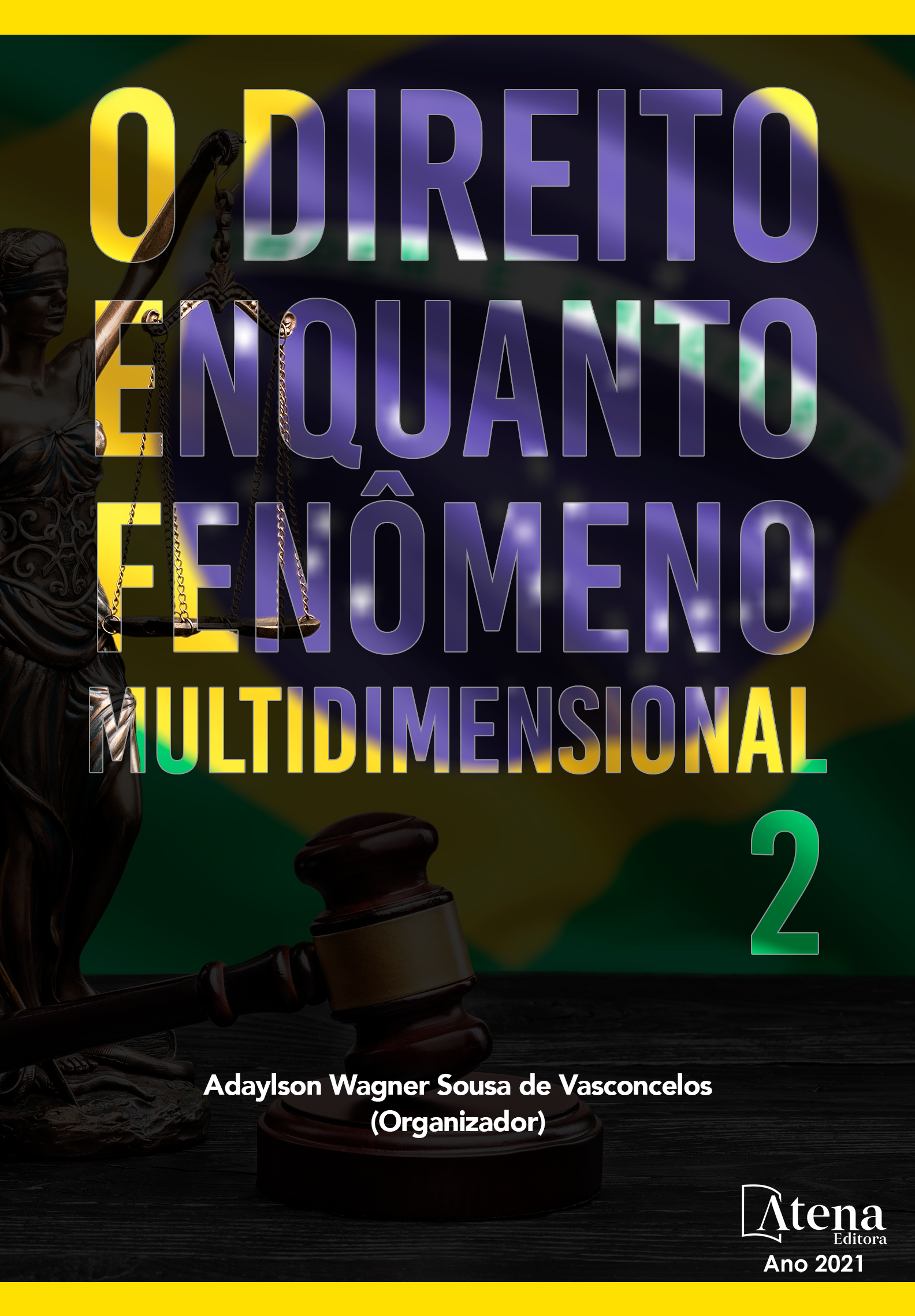
CRIMES PASSIONAIS: FUNDAMENTOS HISTÓRICOS NA FORMAÇÃO E DESENVOLVIMENTO DA SOCIEDADE BRASILEIRA
Na construção social do país, foi possível observar uma evolução jurídica quanto ao julgamento de crimes cometidos contra a mulher. Enquanto no Período Colonial as Ordenações Filipinas permitiam que maridos assassinassem mulheres que cometessem adultério em nome de sua honra, atualmente o Código Penal Brasileiro possui a Lei Maria da Penha, responsável por assegurar os direitos das mulheres e aplicar medidas protetivas em caso de agressão, assim como a Lei do Feminicídio, que, em tese, garante que o julgamento de homicídios de mulheres seja mais rigoroso. O presente capítulo tem o objetivo de apresentar o histórico da legislação referente aos crimes passionais e a evolução histórica para a garantia da proteção dos direitos das mulheres.
CRIMES PASSIONAIS: FUNDAMENTOS HISTÓRICOS NA FORMAÇÃO E DESENVOLVIMENTO DA SOCIEDADE BRASILEIRA
-
DOI: 10.22533/at.ed.61021190811
-
Palavras-chave: Violência contra a mulher; crimes passionais; feminicídio.
-
Keywords: Violence against women; crimes of passion; feminicide.
-
Abstract:
In the social construction of the country, it was possible to observe a legal evolution regarding the trial of crimes committed against women. While in the Colonial Period the Philippine Ordinances allowed husbands to murder women who committed adultery in the name of their honor, currently the Brazilian Penal Code has the Maria da Penha Law, responsible for ensuring women's rights and applying protective measures in the event of aggression, as well as such as the Feminicide Law, which, in theory, ensures that the trial of homicides of women is more rigorous. The purpose of this chapter is to present the history of legislation related to crimes of passion and the historical evolution to guarantee the protection of women's rights.
-
Número de páginas: 9
- Andrea Soutto Mayor
- Rosa Cristina da Costa Vasconcelos


